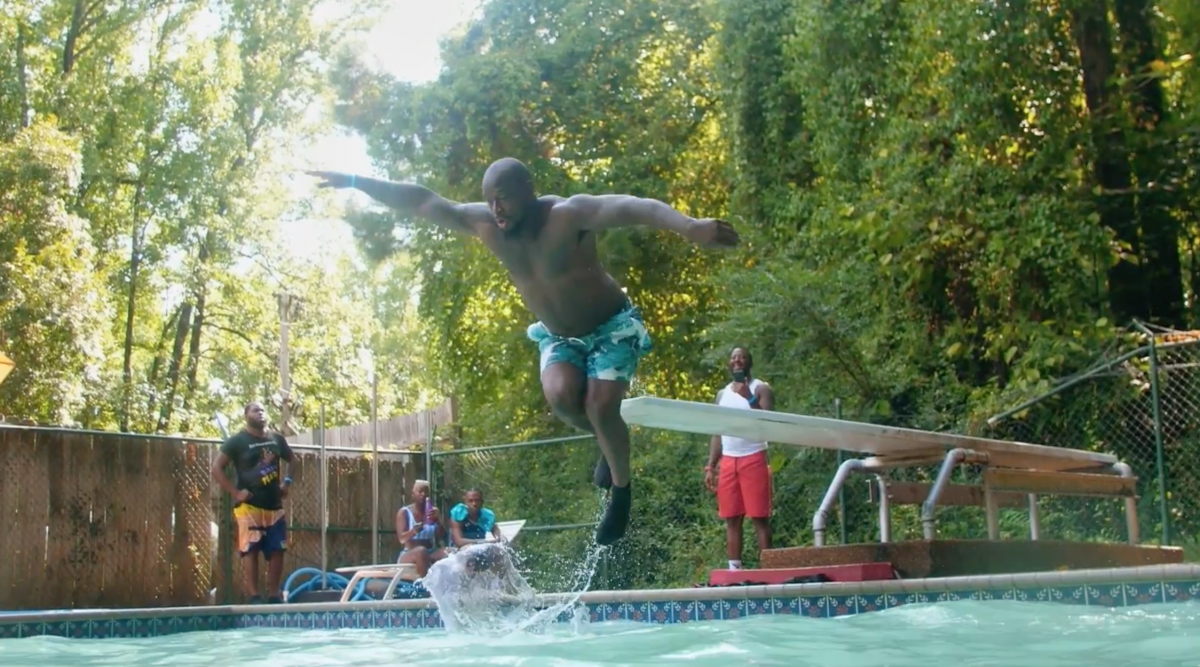Memphis filmmaker Zaire Love’s confidence was boosted when she won both the Best Narrative Short and the Best Documentary Short awards at Indie Memphis 2023. It was a feat that had never been equalled in the 25 year history of the festival. “On a personal level, it really showed me that I can do it,” she says.
For “Slice,” the winning documentary short, it was only the beginning. “We had our festival run in 2023, and we got into over 20 festivals,” she says. “We won seven festivals. And honestly, that’s rare. It is rare that you get into that many festivals, and it is rare that you are winning or a finalist in it.”
“Slice” is about a uniquely Memphis sport. Think of it as the aquatic equivalent of jookin — acrobatic dives that are unlike the highly technical aerial maneuvers you’ll see at the Paris Olympics over the next two weeks. “Rico [the subject of “Slice”] says if you took somebody at the Olympics, they couldn’t even do what we do,” says Love.
For Love, the short film took up much more of her life than she had expected when she started filming four years ago. “I graduated my MFA program in 2020, and that’s when I considered myself what I wanted to be: a filmmaker. Right after graduation, I start this project that I’m thinking is going to be something that only takes maybe two weeks, and then I’m out of here. But it did take longer. And it has proven to be life-changing.”
The truth is, most documentaries take longer to make than narrative films. “It’s a whole different beast,” says Love. “You can plan all you want, but in documentary, you really have to be able to pivot, because you didn’t know that you were going to get certain gems, certain really special moments that you can’t just file away in the archive. So you got to figure out how to put those nuggets in your film.”
After gaining attention on the festival circuit, “Slice” was licensed by The New Yorker as part of their film series. It premiered on Thursday, July 25th, the day before the Paris Olympic’s opening ceremonies. “I learned that we have so many stories that need to be told, but I also learned to trust myself and trust my vision. Trust that me coming to a project with good intentions to, again, amplify and immortalize, it just showed me that I can do this. It really shows me that like Andre 3000 said, the Black South got something to say, and people really want to listen. So I just feel like it was just confirmation that this is what I’m supposed to be doing in life. This is why I’m here.”
